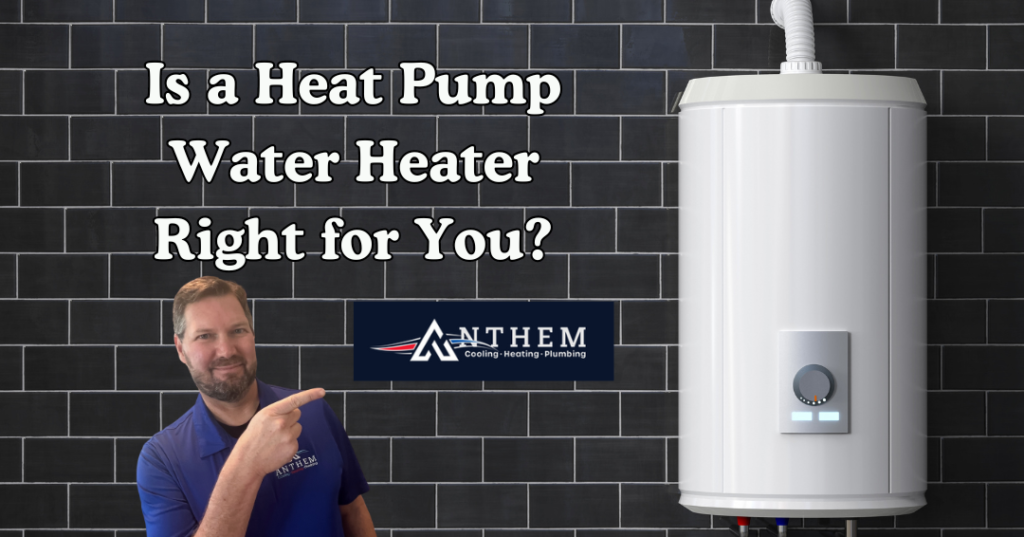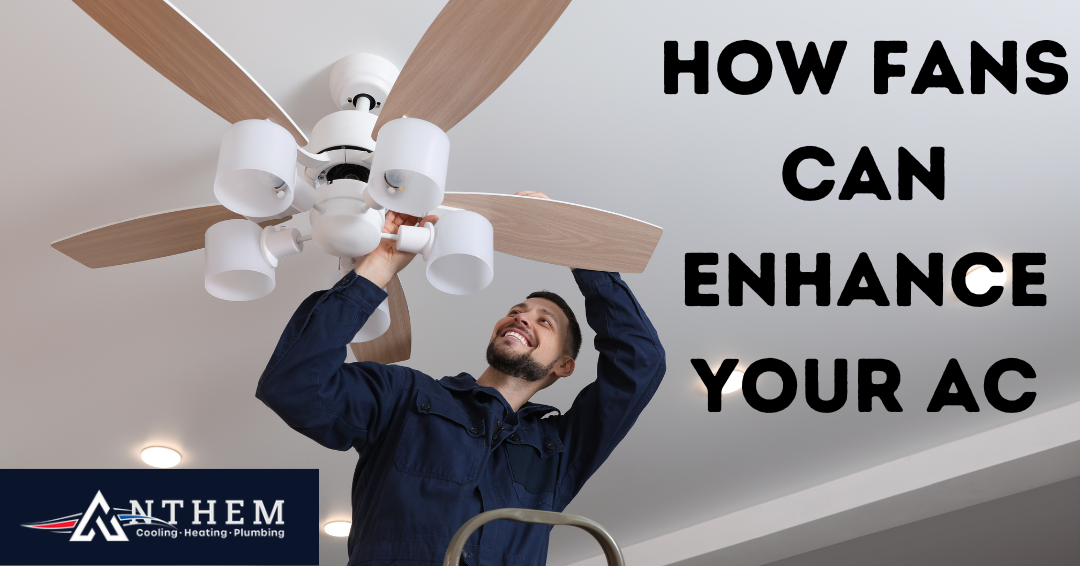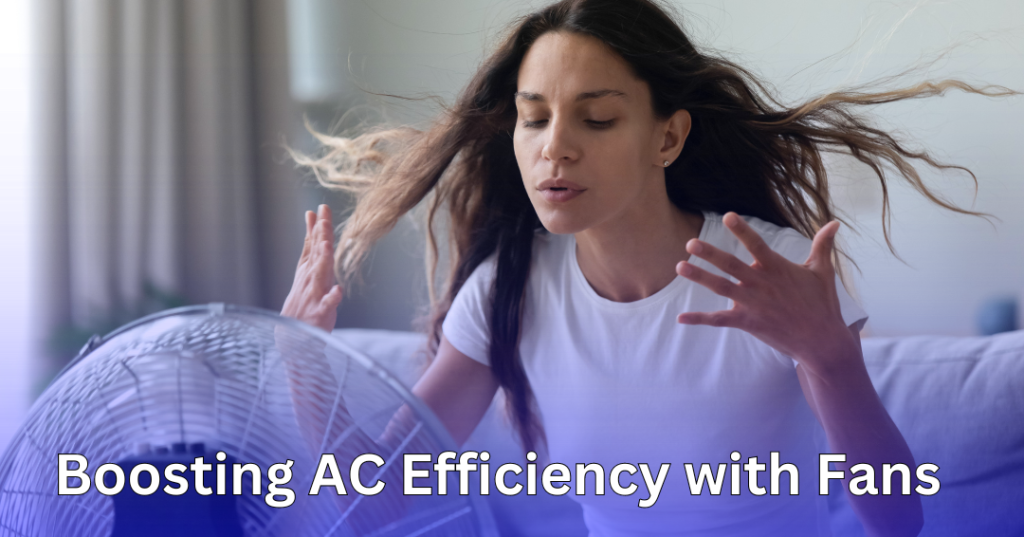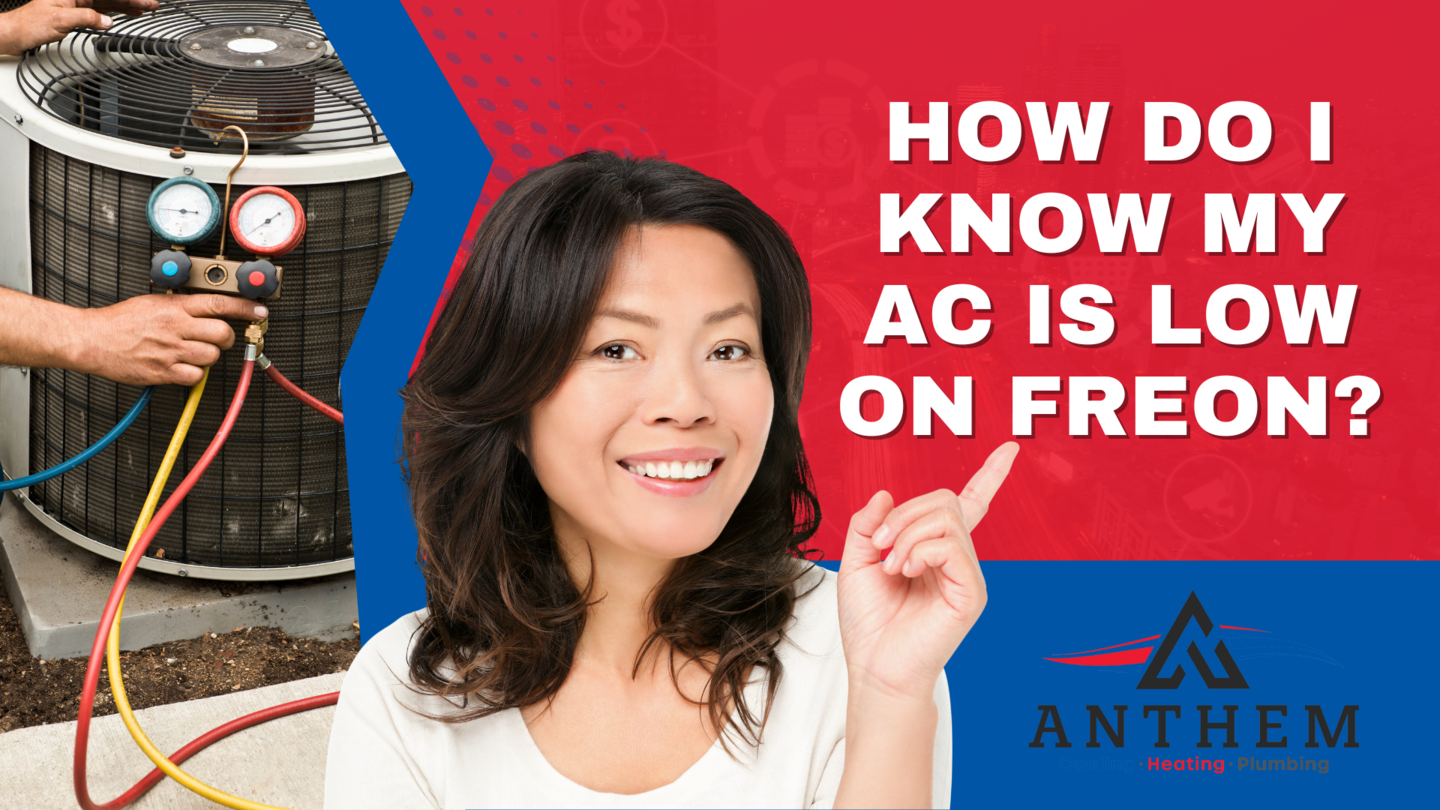When it comes to choosing a water heater for your home, energy efficiency and cost savings are likely at the top of your priority list. Heat pump water heaters (HPWHs) offer an eco-friendly solution that can significantly reduce energy consumption and lower your utility bills. But are they the right fit for your home? In this article, we’ll explore the pros and cons of heat pump water heaters to help you make an informed decision.

What Is a Heat Pump Water Heater?
Before diving into the advantages and disadvantages, it’s essential to understand how a heat pump water heater works. Unlike traditional water heaters that generate heat directly, HPWHs use electricity to move heat from the air or ground to heat your water. This process is more energy-efficient because it uses existing heat rather than generating it from scratch.
The Advantages of Heat Pump Water Heaters
1. Energy Efficiency and Cost Savings
Heat pump water heaters can be up to three times more energy-efficient than conventional electric water heaters. This efficiency translates to significant savings on your energy bills. According to the Department of Energy, homeowners can save approximately $300 per year by switching to an HPWH.
2. Environmentally Friendly
HPWHs reduce greenhouse gas emissions by using less energy, making them a greener choice for environmentally conscious homeowners. By consuming less electricity, these systems contribute to lowering your carbon footprint.
3. Long Lifespan
Heat pump water heaters tend to have a longer lifespan compared to traditional models. With proper maintenance, an HPWH can last up to 15 years or more, providing long-term reliability and cost savings.
4. Cooler Indoor Air
Since HPWHs absorb heat from the surrounding air, they can slightly cool down the space where they are installed. This feature can be beneficial if the unit is located in a warm area of your home, such as a garage or basement.
The Disadvantages of Heat Pump Water Heaters
1. Higher Initial Cost
One of the primary drawbacks of heat pump water heaters is their higher upfront cost. The initial investment can be significantly more than that of a traditional water heater. However, this cost is often offset by long-term energy savings and potential rebates or tax incentives.
2. Space Requirements
HPWHs require more space than conventional water heaters because they need ample airflow to operate efficiently. They are typically larger and may need to be installed in an area with sufficient ventilation.
3. Noise Level
HPWHs can be noisier than traditional water heaters due to the operation of the compressor and fan. If noise is a concern, it’s important to consider the placement of the unit or look for models specifically designed to minimize noise.

Is a Heat Pump Water Heater Right for You?
Choosing a heat pump water heater depends on several factors, including your budget, climate, and space availability. If you live in a moderate to warm climate and have the necessary space, an HPWH can offer significant energy savings and environmental benefits. However, if you’re in a colder region, you might need to consider a hybrid model or another type of water heater.
FAQ: Heat Pump Water Heaters
Q: How much can I save on energy bills with a heat pump water heater?
A: On average, homeowners can save around $300 per year on energy bills by switching to a heat pump water heater. The exact savings will depend on your household’s hot water usage and local energy rates.
Q: Are there any rebates or incentives for installing a heat pump water heater?
A: Yes, many states and utility companies offer rebates or tax incentives for installing energy-efficient appliances, including heat pump water heaters. Check with your local energy provider or visit the Department of Energy’s website for more information.
Q: How much space does a heat pump water heater require?
A: A heat pump water heater typically requires more space than a conventional water heater. It should be installed in an area with sufficient airflow, such as a garage or basement, with at least 1,000 cubic feet of surrounding space.
Q: Can a heat pump water heater be installed in cold climates?
A: While heat pump water heaters are most efficient in moderate to warm climates, they can be used in colder regions with a hybrid model that includes a backup heating element. However, their efficiency may decrease in extremely cold temperatures.
Q: How long does a heat pump water heater last?
A: With proper maintenance, a heat pump water heater can last up to 15 years or more, making it a durable and reliable choice for your home.
Q: Are heat pump water heaters noisy?
A: Heat pump water heaters can produce some noise due to the operation of the compressor and fan. If noise is a concern, consider placing the unit in a less frequented area of your home or opting for a model designed to minimize noise.
Ready to Upgrade Your Home’s Water Heater?
If you’re considering switching to a heat pump water heater or want to explore other energy-efficient options, our team at Anthem Heating, Cooling, and Plumbing is here to help. We offer expert advice, professional installation, and maintenance services to ensure your water heating system runs efficiently for years to come.
Contact us today for a free consultation or to schedule an installation! Call us at (855) 268-4369 or visit our website to learn more.















